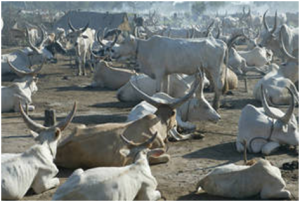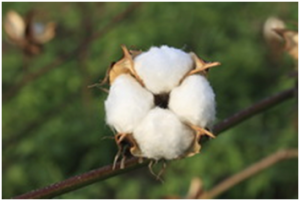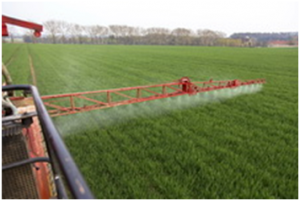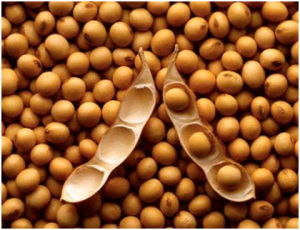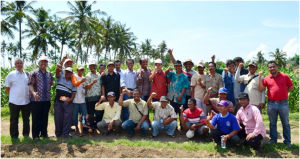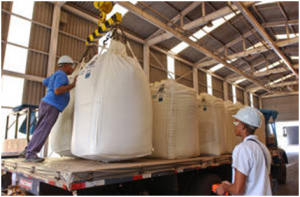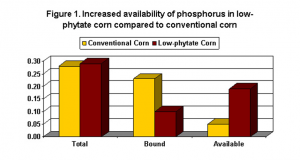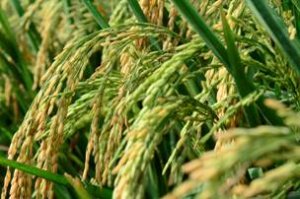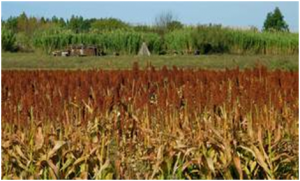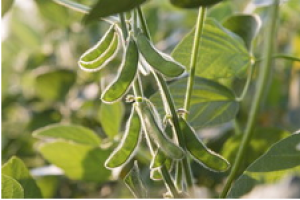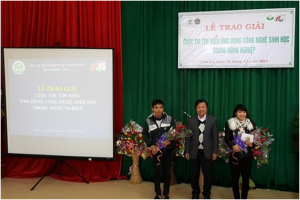|
Gene Editing Produces Pigs Resistant to Influenza A Virus
Saturday, 2024/08/10 | 11:46:51
|
|
August 7 2024
Researchers from Kansas State University and partners developed gene-edited pigs to control influenza A virus (IAV) infections. The findings of the study, published in Emerging Microbes and Infections, offer an alternative approach to help mitigate the spread of IAV.
IAV infections cause respiratory diseases, seasonal flu, occasional pandemics, and significant economic losses to birds and mammals. In humans, IAV infections also cause seasonal flu, resulting in 290,000 to 650,000 deaths annually. Previous studies identified transmembrane protease serine 2 (TMPRSS2) as a gene affecting the pathogenicity and infectivity of IAVs. Thus, the study aimed to develop pigs resistant to IAV infection using gene editing techniques.
The researchers used CRISPR-Cas9 technology to knockout TMPRSS2. The results of the study showed that the TMPRSS2 knockout pigs had a low level of virus shedding on day 1 and no virus shedding was observed from days 2 to 5. Moreover, the study also showed that none of the gene-edited pigs were positive for the H1N1 CA04 virus from day 3 to 5.
Similarly, no virus was reported to be present in nasal turbinates of H3N2 TX98-infected knockout pigs. These gene-edited pigs also showed lower virus titers than the wild-type pigs. The postmortem evaluation among the gene-edited pigs revealed that the infection caused by H1N1 CA04 resulted in less severe macroscopic pathology of the lungs compared to wild-type pigs.
For more information, read the journal article from Emerging Microbes and Infections.
See https://www.isaaa.org/kc/cropbiotechupdate/article/default.asp?ID=20941 |
|
|
|
[ Other News ]___________________________________________________
|


 Curently online :
Curently online :
 Total visitors :
Total visitors :


